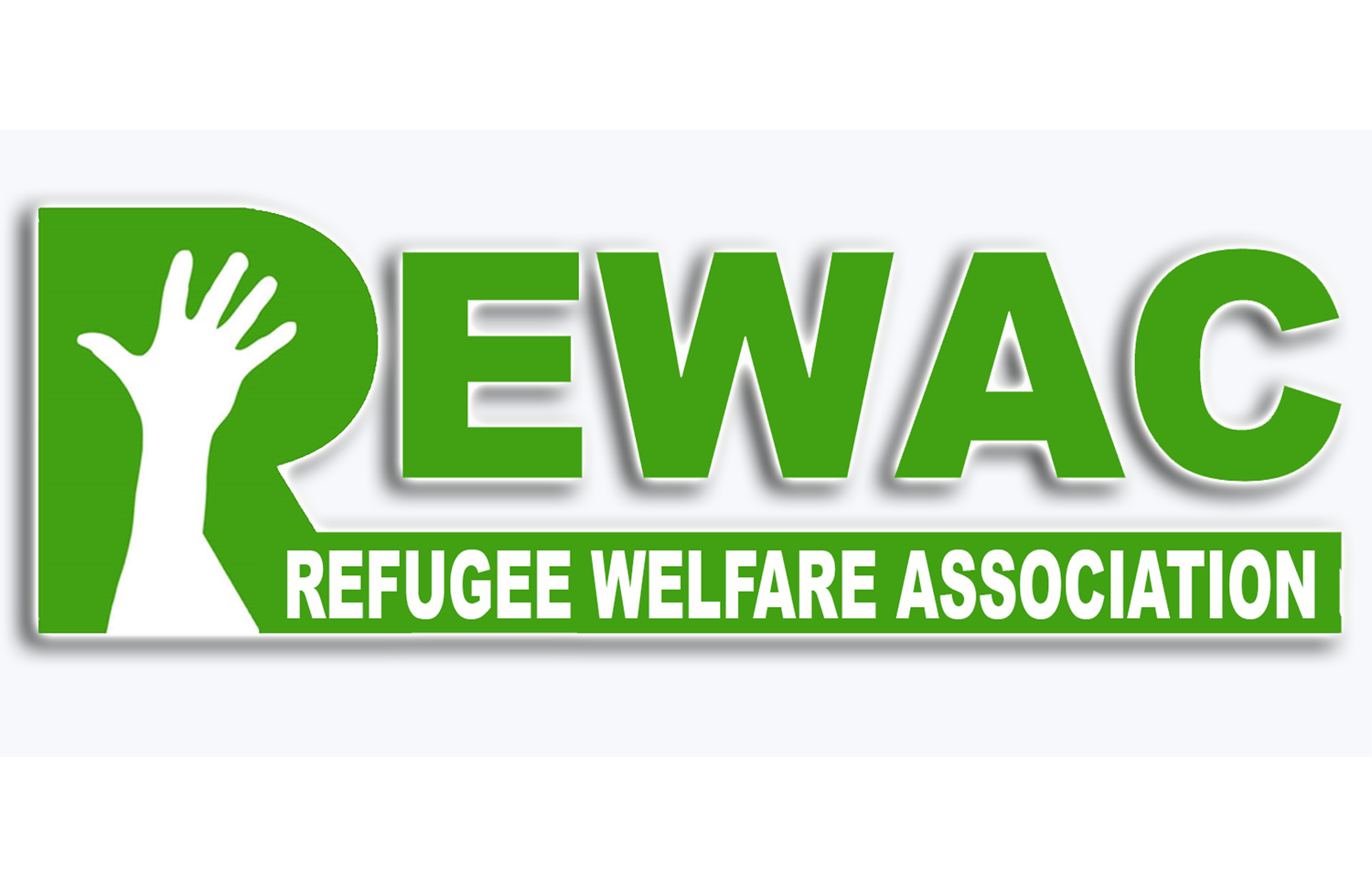
Conduct regional workshops with frontline workers & implementing partners
The training workshop took place on the 14th of April with 45 participants 18 male, 27 female) officers present. 2 consultants were hired to carry out the training. Key highlights of the workshop included:
- Presentation on the concept, forms, and prevalence of sexual and gender-based violence, the impact of SGBV on individuals, families, and communities, and relevant national and international laws, policies, and frameworks.
- Providing survivor-centered care and support to SGBV survivors, empathetic communication, active listening, and building trust and discussion on trauma-informed approaches and their application in service provision.
- Effective case management for SGBV survivors, referral pathways and coordination mechanisms among different service providers and the importance of inter-agency collaboration and information sharing.
- Providing psychosocial support to SGBV survivors, trauma-informed counseling, crisis intervention, and emotional support.
- Legal framework and justice system’s response to SGBV, the importance of legal remedies, protection orders, and access to justice for survivors, and reporting mechanisms and support available for survivors throughout legal processes.
- Strategies for preventing SGBV at the individual, community, and societal levels; community mobilization, awareness raising, and behavior change campaigns; and successful SGBV prevention interventions and lessons learned.
- Strategies for resource mobilization and sustainability of SGBV programs and innovative approaches for sustaining SGBV initiatives.
- There was the presentation of social and protective services by the Regional Delegate of Social Affairs and a presentation on referral and the referral system by the regional delegate of Women Affairs and Empowerment of the Family; and
Output: A workshop to engage 45 frontline workers and partners in the prevention and response to SGBV was organized
Outcome: Strengthened collaboration and coordination among frontline workers and implementing partners to address SGBV effectively. As a result of the workshops, 55% of participants report increased collaboration and exchange of best practices among organizations working on SGBV.
Enhanced knowledge and skills of frontline workers and implementing partners; post-workshop evaluation reveals a 30% increase in knowledge and skills related to GBV prevention, identification, and response among participants.







Responses